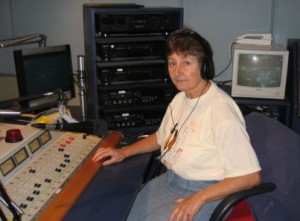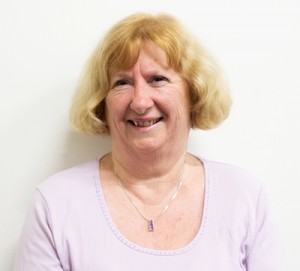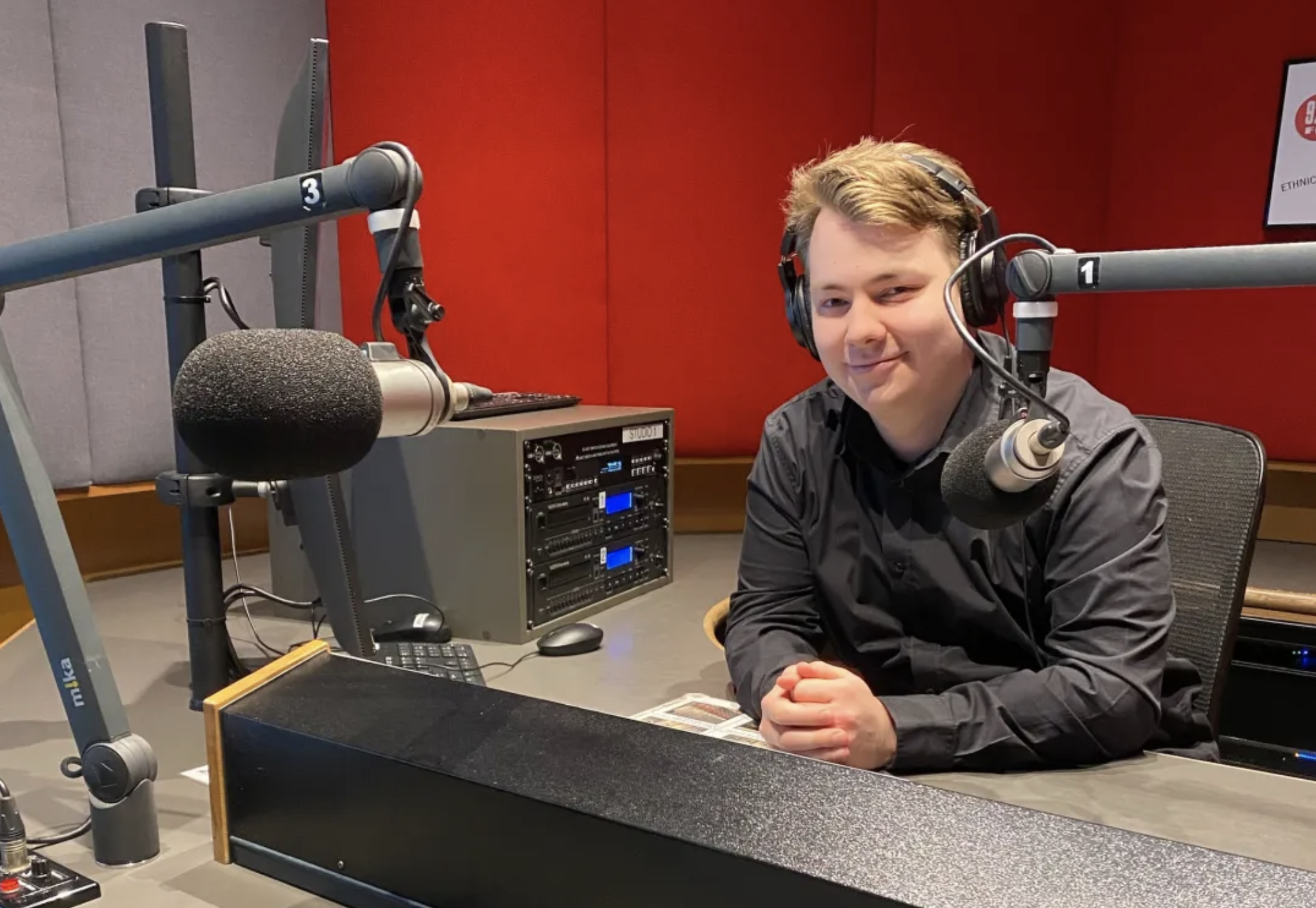Franciska Toubale (Convenor)
French is my mother tongue because I was born on February 14, 1943 in Brittany (France). My life followed a regular pattern: I studied, got married, gave birth to four children, and financially supported the family, working in various countries as a teacher of foreign languages, particularly French and English. I never imagined when I learned Esperanto in 1989 that this language would lead me to Australia, but here I am, from 1996. When I arrived, I heard that the Esperanto radio program lacked collaborators. It was for me an opportunity to learn something new, so I enthusiastically joined the team. Thanks to this work, I meet people from diverse backgrounds within the radio and I expand my Esperanto circle.
Heather Heldzingen
I first learned Esperanto in 1964 at the Melbourne Esperanto Club which was then located in Richmond. After marrying another Esperantist (Ivan) in 1967 we started our own club in Boronia. This continued successfully for several years until the pressures of work, study and children forced us to discontinue. Ivan and I returned to the Esperanto world in 2004 and shortly after became active members in the Melbourne Club as well as the Australian Esperanto Association. Since that time we have taken part in most of the Universal congresses around the globe. My profession was psychology, but now retired, I have found time to become part of the team at 3ZZZ.
Brendan Price
I was born here in Melbourne, but have lived across Australia as well as overseas. By trade, I’ve worked events and functions since coming out of lockdowns in Victoria. It was around this time that I developed a love for languages and linguistics and decided that I needed to join the multilingual community. I discovered Esperanto and was immediately fascinated by it.
During the course of completing my Masters Degree in 2024, I was to undertake a work placement. I reached out to the Esperanto Group at 3ZZZ and I was fortunate enough to have the honour of being part of the team for my placement and beyond.
I’ve been immersed in the Esperanto community since and it has enriched my life in a way that nothing else ever has.



